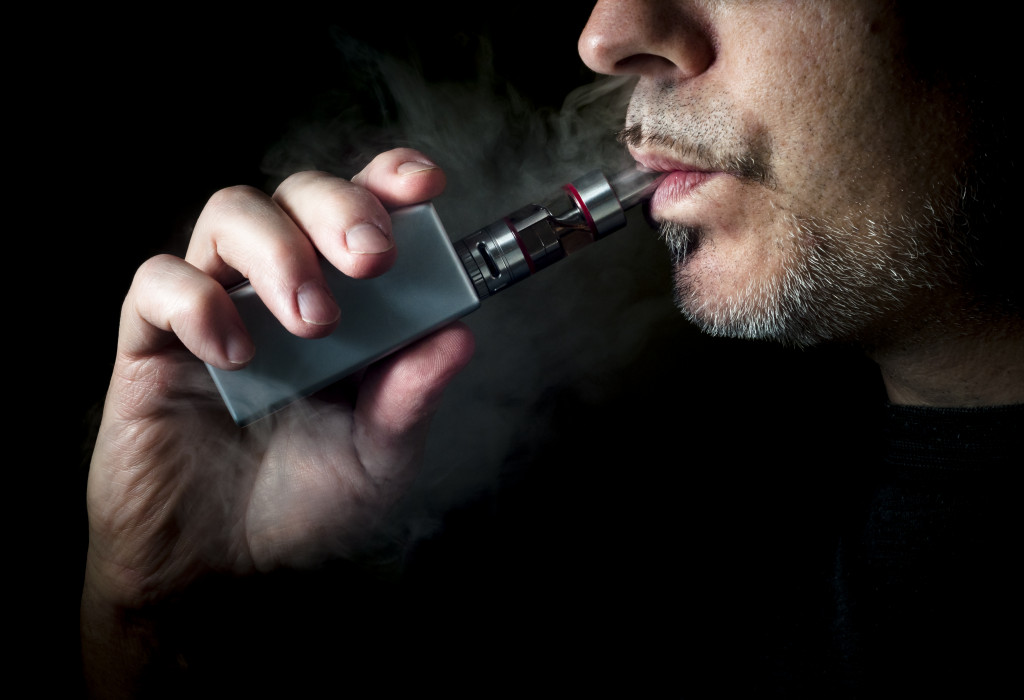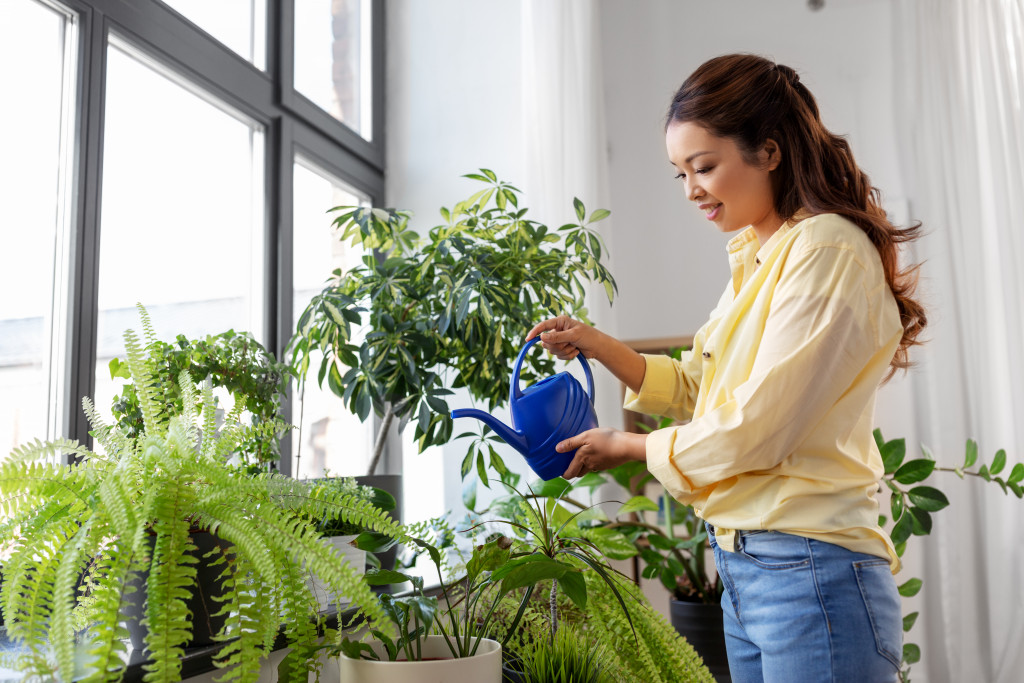- Regular cleaning is essential to maintain clean indoor air quality.
- Avoid smoking indoors to reduce the risk of exposure to harmful cigarette smoke and secondhand smoke.
- Natural air purifiers are eco-friendly, cost-effective alternatives to traditional air purifiers.
- Consider the size of the room, the pollutants you want to remove, and maintenance requirements when choosing a natural air purifier.
- Staying proactive and committed will ensure clean and safe indoor air quality for your home.
The air you breathe has a significant effect on your health, especially when it comes to indoor air quality. Poor indoor air quality can cause respiratory problems, headaches, and other health issues.
Unfortunately, most homes today are not built to regulate indoor air quality, leaving you to rely on a few practical measures to keep the air in your home clean and safe for your family. With that in mind, here are some convenient ways to maintain indoor air cleanliness and reduce indoor air pollutants.
Regular cleaning
Regular cleaning is the first and most straightforward way to clean your home’s indoor air. A clean home reduces dust and other indoor air pollutants and creates a comfortable and enjoyable living space.
When cleaning, you should prioritize vacuuming carpets, mopping floors, cleaning windows, dusting surfaces, and changing bedding and air filters often. These tasks may seem tiresome, but they go a long way in ensuring indoor air quality in your home.
However, DIY cleaning isn’t always enough to ensure your air is free from dirt, dust, and other airborne pollutants. Some areas in your home require more extensive cleaning, such as air ducts. Air ducts can harbor dust and other debris circulated throughout your home via your heating and cooling system.
Therefore, it’s essential to consult with a professional for air duct cleaning and repair company to ensure all the dirt and debris in your air ducts are removed. These experts have the right tools and experience to ensure your air ducts are properly cleaned, ensuring your home has clean, safe air.
Avoid smoking indoors

While smoking is bad for your health, smoking indoors is even worse. Cigarette smoke is chock-full of chemicals and other pollutants, which can linger in your home’s indoor air and cause eye irritation, coughing, wheezing, and other health problems. If you smoke, it would be best to do so outside or quit smoking altogether to maintain clean indoor air.
According to the Environmental Protection Agency, secondhand smoke is responsible for more than 3,000 lung cancer deaths and 35,000 heart disease deaths yearly. Therefore, it’s best to avoid smoking indoors at all costs to protect your family from the harmful health effects of secondhand smoke.
Use natural air purifiers.
Air purifiers help clean the air inside your home by removing contaminants, pollutants, and other irritants. That’s why many people use air purifiers to clean the air in their homes, workplaces, and other indoor spaces. Natural air purifiers are a popular alternative to traditional ones because they don’t use chemicals or synthetic materials, making them an eco-friendly and healthier option.
What are natural air purifiers?
Natural air purifiers are devices or materials that clean the air naturally without using chemicals or synthetic materials. These cleaners use biological processes like absorption, ionization, and filtration to remove harmful pollutants from the air. Some popular natural air purifiers include HEPA filters, activated charcoal, and plants.
Health benefits of using natural air purifiers
Natural air purifiers are not only better for the environment but also better for our health. Plants, for example, are known for their air-purifying qualities and can help reduce harmful chemicals like benzene, formaldehyde, and trichloroethylene.
HEPA filters and activated charcoal are also effective at removing allergens, bacteria, and viruses from the air, which can help reduce the risk of respiratory infections and allergies.
Eco-friendly and cost-effective

Natural air cleaners are eco-friendly and sustainable because they don’t generate waste or use harmful chemicals. They are also more cost effective than traditional air purifiers because they require less maintenance and don’t need to be replaced as often. Plants, for example, can last for years with proper care, while HEPA filters and activated charcoal can last up to six months or more before needing to be replaced.
How to choose the right natural air purifier
When choosing a natural air purifier, it’s essential to consider the size of the room or space, the type of pollutants you want to remove, and the level of maintenance required. Plants are an excellent option for smaller spaces, while HEPA filters and activated charcoal are better suited for larger areas. Read reviews and research to find a natural air purifier that fits your needs and budget.
Final Thoughts
Maintaining good indoor air quality is vital for your family’s health and well-being. Following the tips in this blog post, you can reduce indoor air pollutants, minimize the risk of respiratory issues, and create a comfortable and healthy living environment for your loved ones. Do your part by staying proactive and committed to the practices outlined, and you’ll no doubt enjoy the benefits of clean and safe indoor air at home.
